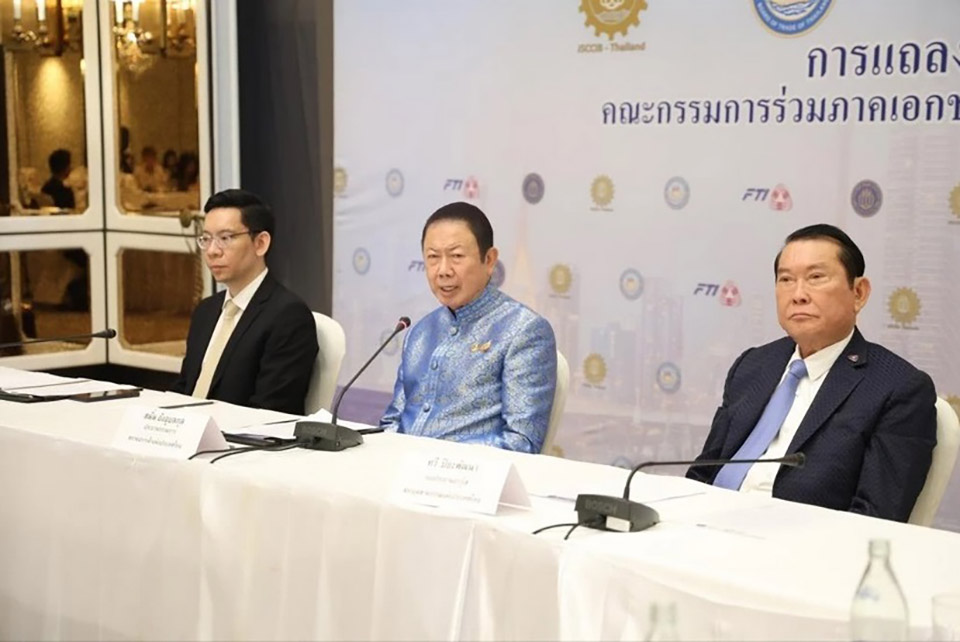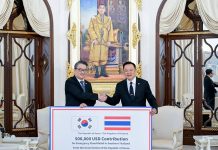
BANGKOK, Thailand – The Joint Standing Committee on Commerce, Industry, and Banking (JSCCIB) plans to submit a formal proposal to the government on December 6, requesting a postponement of the nationwide minimum wage increase to 400 baht. The committee expressed concerns over the impact on Thailand’s economy, which is only beginning to recover, and recommended tailoring wage adjustments to reflect the economic conditions of each province.
The JSCCIB will also hold discussions with the Ministry of Finance and the Bank of Thailand (BOT) on December 11 to address household debt issues, particularly loans for housing, vehicles, and SMEs. The talks aim to develop immediate relief measures and longer-term strategies, including boosting worker incomes, upskilling labor, and enhancing SME competitiveness.
Economic and Environmental Concerns
JSCCIB Chairman Sanan Angubolkul noted that Thailand’s economic recovery remains fragile, with varying impacts across provinces. He highlighted the importance of considering provincial economic contexts through in-depth deliberation by local tripartite committees. The JSCCIB has conducted surveys to support its recommendation and believes the government will make a balanced decision.
Flood damage in Thailand this year, particularly in the northern and northeastern regions, has been estimated at 80-85 billion baht, or 0.6% of GDP. The agricultural sector was most affected, along with key commercial areas in the southern provinces, such as Songkhla, which suffered an additional loss of 5-10 billion baht.
Call for SME Support
The committee urged the government to allocate 100-200 billion baht for zero-interest loans over two years to help SMEs upgrade their machinery. Without such measures, Thai SMEs could struggle to compete with regional counterparts in Vietnam, Malaysia, and Indonesia. The proposal also includes extending BOI (Board of Investment) benefits to SMEs.
Concerns Over Global Economic Risks
The JSCCIB warned of uncertainties in 2025 due to potential trade barriers, including higher U.S. import tariffs under the expected Trump administration. These measures could affect ASEAN exports, particularly from Thailand, as well as private sector investment.
Despite challenges, the committee projects Thailand’s economy to grow by 2.8% in 2024, supported by better-than-expected export performance, government stimulus measures, and expedited public spending. However, risks remain for the latter half of 2025, including U.S. tariff hikes on key exports such as electronics, vehicles, plastics, and tires.
The JSCCIB emphasized the need for the government and private sector to prepare for trade negotiations and policy adjustments to mitigate these risks.










